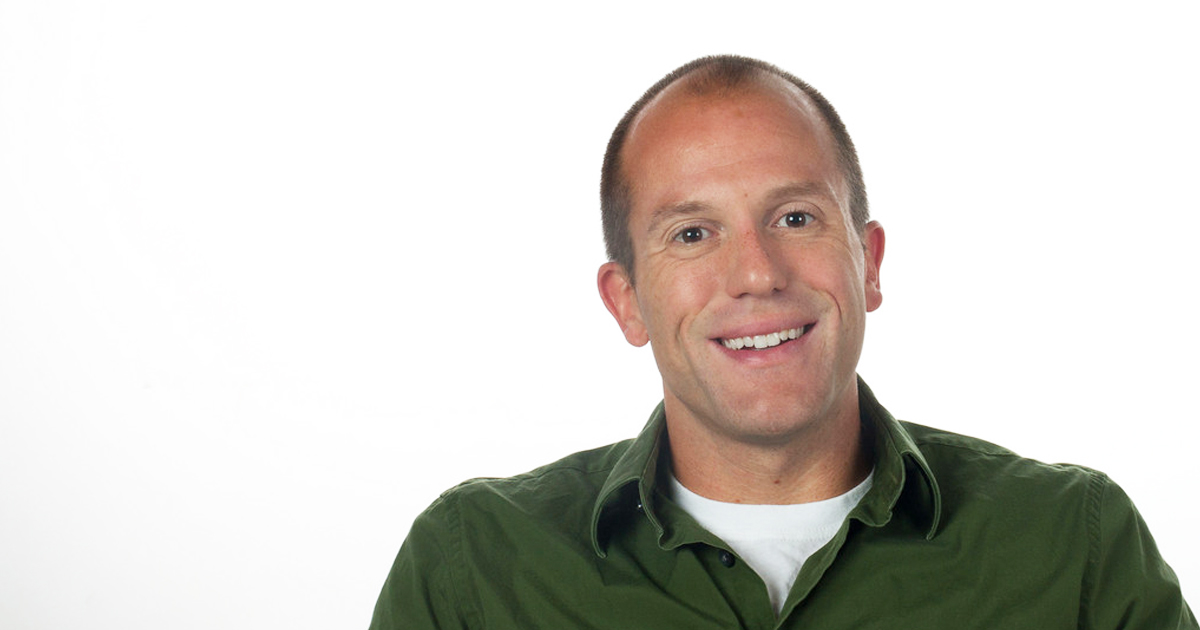Phones, tablets, and computers are delivering health information more than ever before. Everyone should be able to access, understand, and apply that information to become and stay healthy.
But Who Actually Does?
In 2011 and 2014, my research studies found that certain types of people use technologies to take care of their diabetes. These people have health literacy skills — they can understand and apply health information.
We also found having health literacy skills means you're more likely to have a cell phone and be cell phone savvy. People without these skills may not be taking advantage of the over 200,000 health apps.
Fast forward to today, and the work of Dr. Michael Mackert at the University of Texas, Austin. He studied nearly 5,000 Americans and found people with health literacy skills are in fact more likely to use health apps. They're also more likely to believe health apps are easy to use and useful.
Interview with Dr. Michael Mackert

What's the most meaningful take-home point of your recent study?
Almost a decade ago, we did focus groups with lower health literate parents. We found most parents avoided .gov and .edu websites because they thought they were too complex.
In our recent study, with a much larger sample, people with limited health literacy thought health apps, activity trackers, and patient portals were also too complex.
We've heard from healthcare organizations that people sign up for a patient portal, log in, and never use it again. This may be analogous to people downloading an app, opening it up, and not coming back.
First impressions are important! If an app looks too complex out the gate, people won't use it.
If you could wave a wand, how would health apps and trackers be responsive to these findings?
Make the first impression say, 'I'm easy to use.' Things should work how they look. A push door should have a push handle and not a doorknob.
Simplify messages, but also make messages engaging and compelling. Plain language needs to be exciting and not boring. Tell stories!
We can move the 'usefulness needle' too, but not as easily. Intuitive design and engaging content are where it's at.
What is it going to take for health apps and trackers to reach more people with limited health literacy skills?
The AHRQ universal precautions toolkit helped healthcare practices be inclusive of all people. The health tech community needs something similar.
People with limited health literacy skills have smartphones. Eventually, more of them will be using health tech.
The tech community should design and develop with that in mind. They need to know that if you build it well, it's perceived easy and useful, everyone will use it.
What does health literacy-friendly health tech look like?
In 2013, Dr. Shelagh Mulvaney and I developed and tested a health literacy-friendly mobile health program called MED.
MED sends one data-driven, personalized text message each day at a random time during awake hours. This message educates, motivates, or helps build skills around taking medications and/or insulin.
MED sends a second text at the end of the day asking, “Did you take all of your meds today?” MED also calls people at the end of each week to give self-care feedback and encouragement.
In a 3-month trial, users responded to 84% of MED's daily text messages — the highest engagement rate in our recent review of diabetes mobile health programs. And, EVERYONE responded to text messages! Not just people with health literacy skills.
What makes tech health literacy-friendly? Leveraging the tech people use (text messaging, iOS and Android) an intuitive design, and simple, exciting content.
It's a privilege to help people understand and act on health information. Tech companies that do this well will hook, engage, and help the most people become and stay healthy. We're excited to be one of them!




